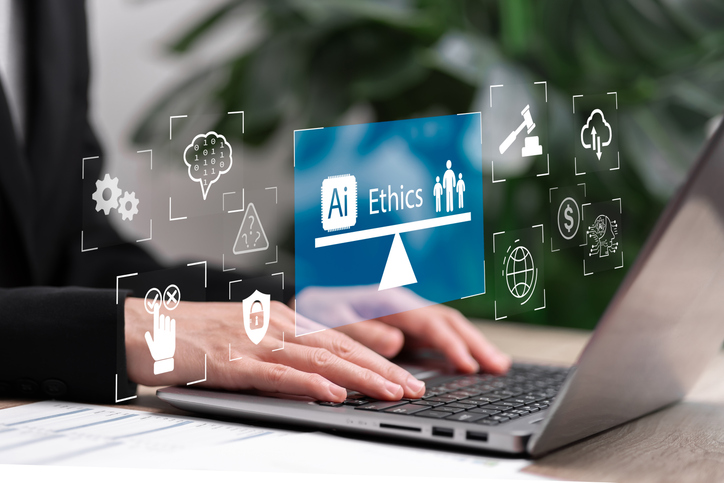The Back Page(16)
Q&A with Chris Dede
Post: Wirth Professor in Learning Technologies, Harvard Graduate School of Education
Interests: Emerging technologies; multiuser virtual environments; telementoring; and interactive learning simulations
See him at Tech Forum in Itasca, Ill., on April 29.
Q: What do you see as the biggest reform needed in pre-service education, especially when it comes to technology?
A: I believe the greatest challenge facing educators is empowering students to master such 21st century skills as understanding and resolving complex, novel situations; collaborating with a diverse team both face-to-face and across distance; and producing knowledge by filtering and synthesizing information. This requires fluency in information technology for collaboration, information synthesis, and decision making. Schools of education should make these types of learning experiences central to teachers' preparation.
Q: Tell us more about the educational simulation you're studying.
Tools and ideas to transform education. Sign up below.
A: The River City virtual "world" is typical of the United States in the late 19th century; we use museum artifacts to illustrate building exteriors and street scenes from that period. Students work in teams to develop hypotheses regarding strands of illness in the city. Information about the diseases is integrated with historical, social, and geographical content, so students experience the realities of disentangling multi-causal problems within a complex environment. We're studying the program's usability, student motivation, student learning, and classroom implementation issues. The results thus far are promising; we are now beginning large-scale studies.
Q: What else are you working on?
A: With Eric Klopfer at MIT, my colleagues and I are working on augmented reality simulations. For example, in the "Environmental Detectives" simulation, students play environmental scientists investigating health concerns linked to toxins in the water supply. As participants physically move about the campus, their GPS-enabled handhelds respond to their location, allowing them to collect simulated field data from the water and soil, interview virtual characters, and perform desktop research. At the end of the exercise, teams compile their data using peer-to-peer communication and synthesize their findings. Initial research demonstrates that this type of immersive, situated learning can effectively engage students in critical thinking.
Q: There's a general assumption that students are far more comfortable with technology than their teachers. If this is true, how can we help today's teachers "keep up" with their students?
A: If one discards the hype, the learning preferences ascribed to "Millennials" (born after 1982) are increasingly true for many people across a wide range of ages, driven not only by the technologies they grew up with, but also by the tools and media they use every day. Teachers who use interactive media professionally will find they rapidly develop learning styles and strengths similar to those of their students.
Back in Time
Classroom Computer Learning (soon to be renamed Technology & Learning)
"A Soviet-American Computer Camp"
"Scanners for Under $3,000"
"Software Reviews: Microsoft Works 2.0 and AppleWorks GS"
News and Issues:
Editor in chief Holly Brady tells readers to "plead with your principals for a modem...You're going to want one soon."
Students are advised to look away from their green phosphorous screens every 10 minutes to counter the effects of color saturation.
IBM allows educators to use its People Sharing Information Network to collaborate from locations across the United States.
Meanwhile:
Exxon's Valdez spills 11.3 million gallons of oil off the coast of Alaska.
Boris Yeltsin wins the first free election in the USSR.
Tim Berners-Lee writes "Information Management: A Proposal," in which he describes a "universally linked information system" that uses platform-agnostic "browsers" to view "hypertext" content.
